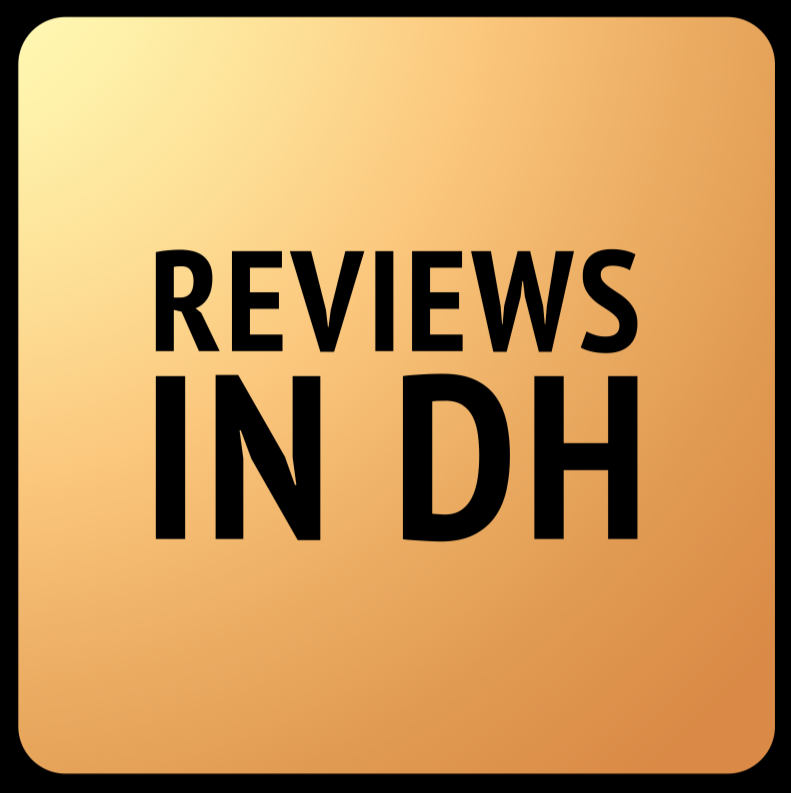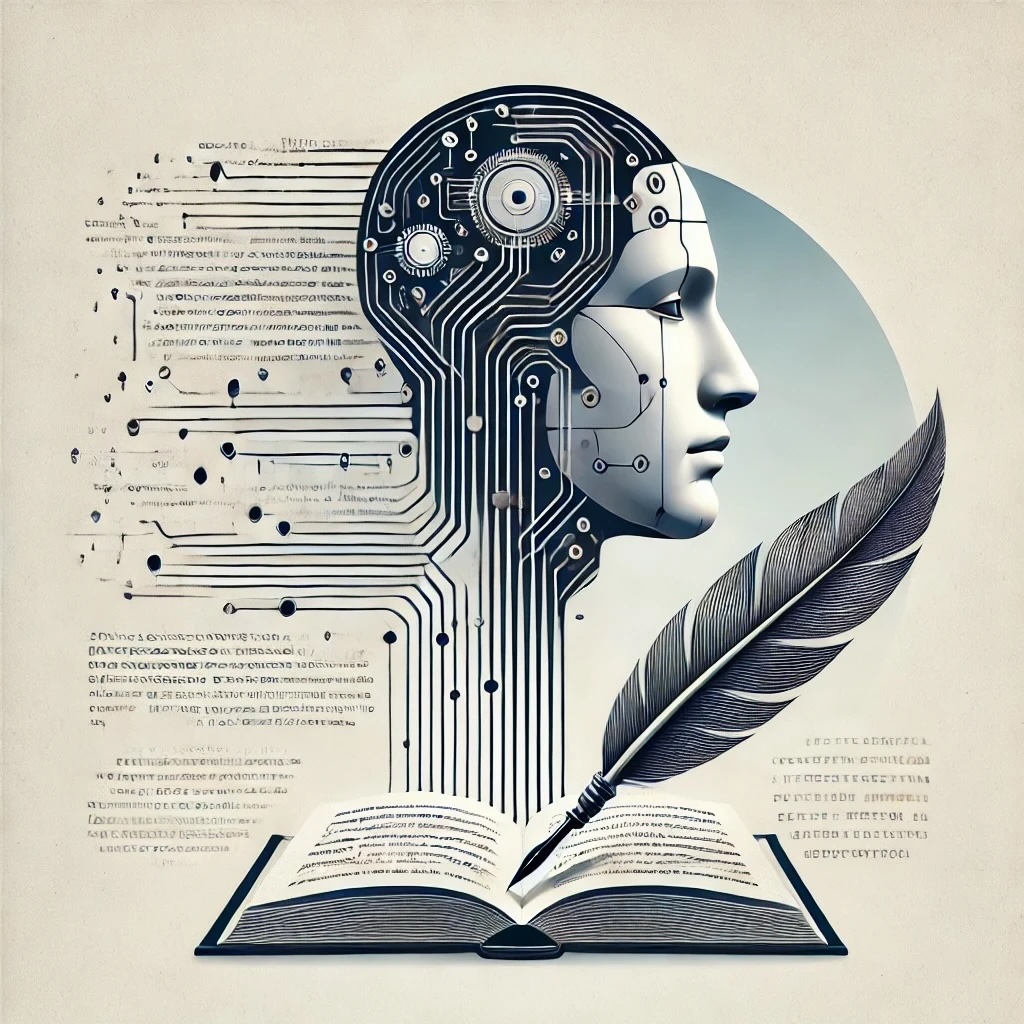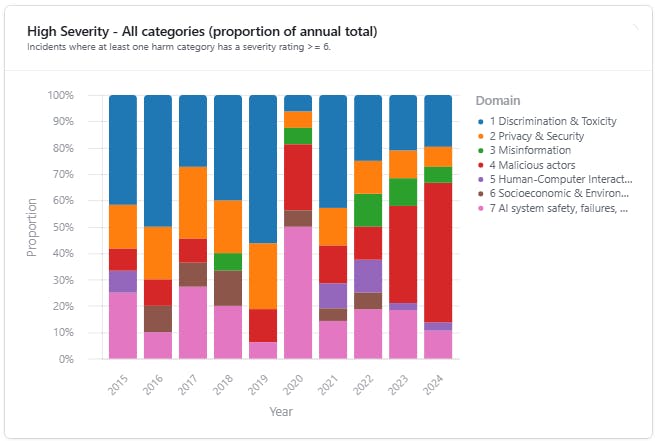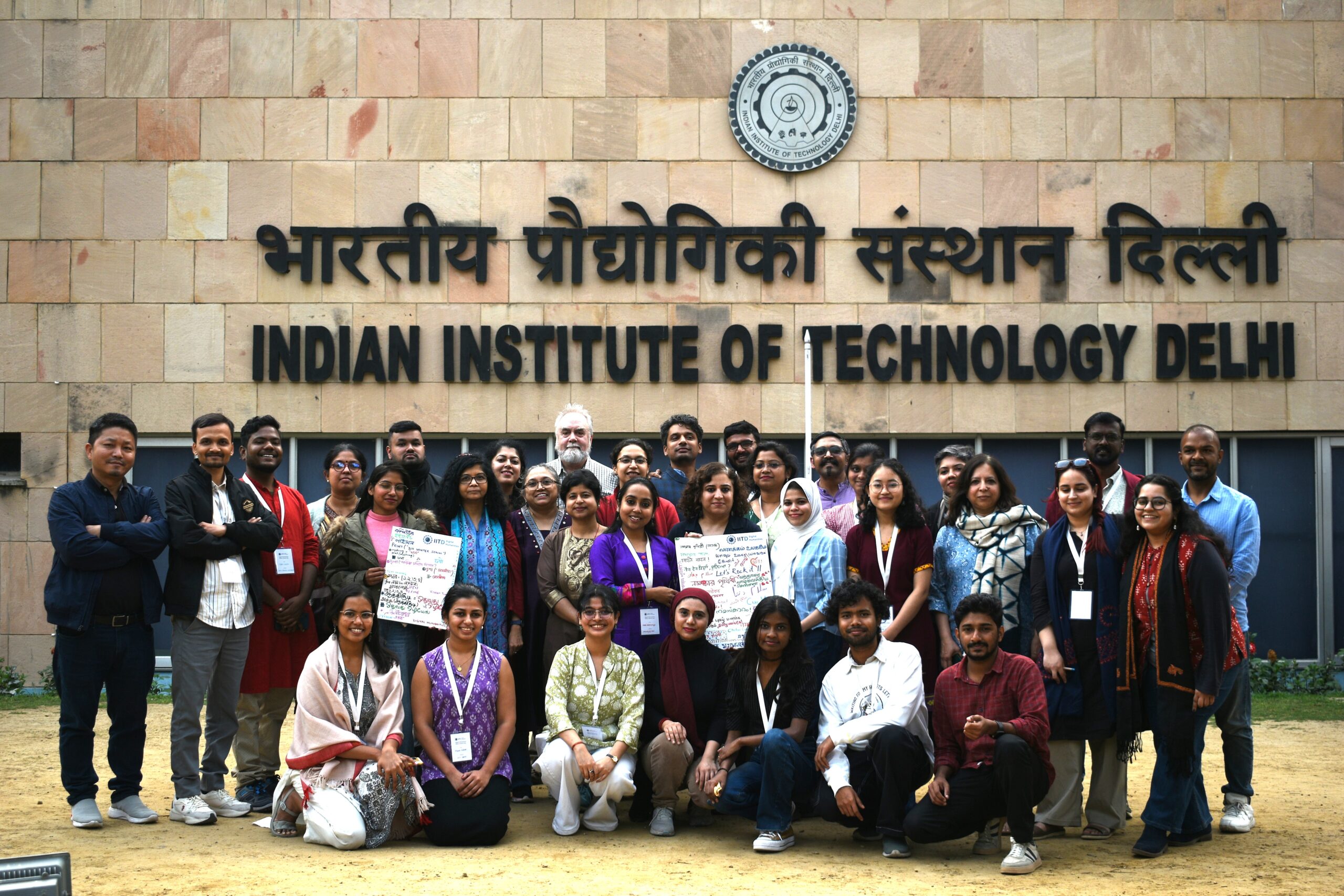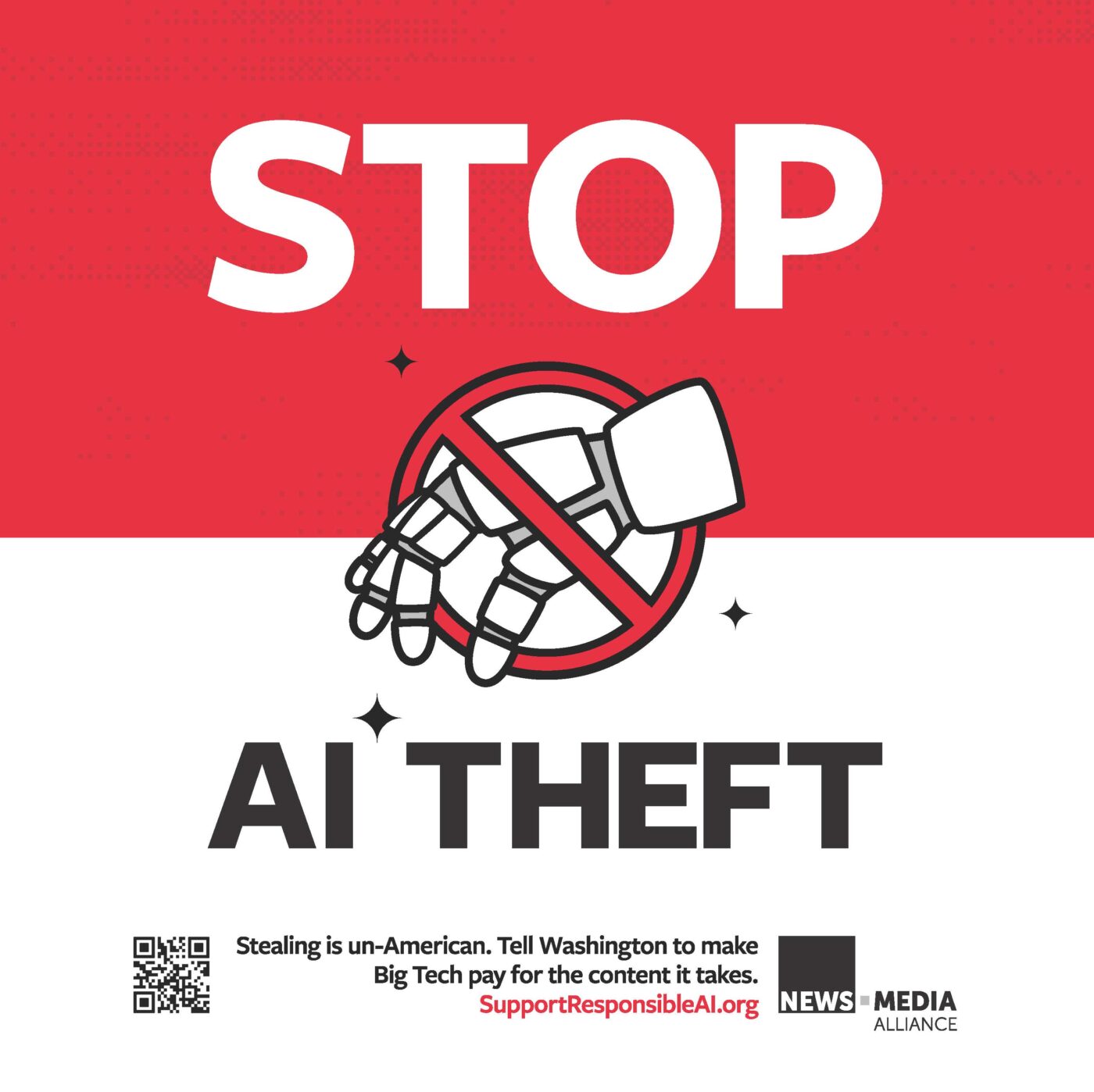Hannah L. Jacobs presented a great paper on “Critical Refusal, Slowness, and Openness: Possibilities and Challenges in Community-Oriented Digital Archival Initiatives” at DH 2025. She talked about refusing to complete a project once they realized they didn’t really have community approval to share their data. She also pointed to this Feminist Data Manifest-No.
There was a great question about whether one can mention in a grant that one wants to go slow and that the community may refuse to be studied. Our grant system rewards and supports innovation, not slow research. I’m reminded of The Slow Professor. Perhaps it is tenure that makes slowness possible, not grants.
